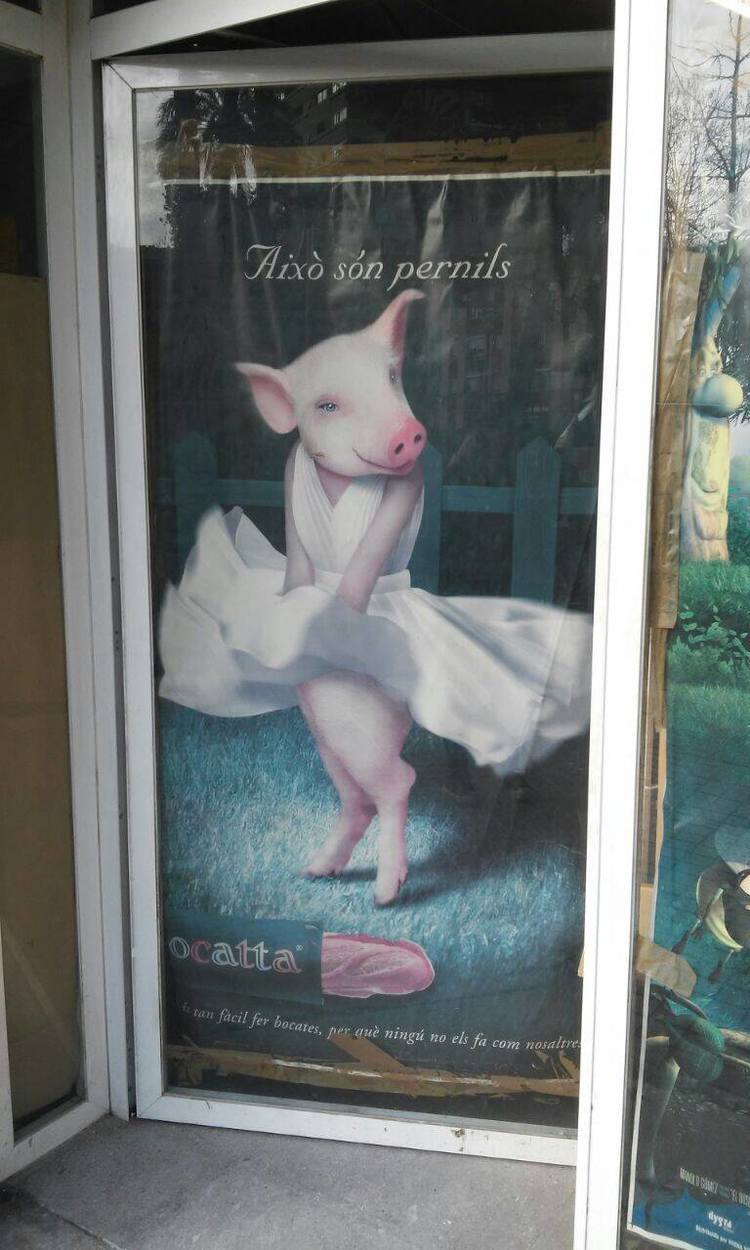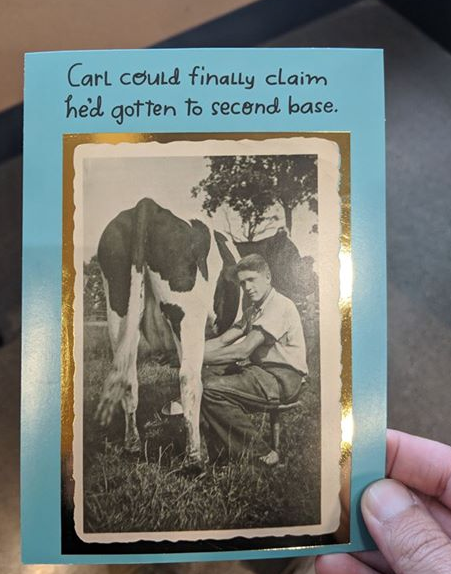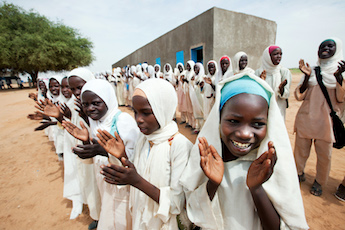I want to begin this blog by meditating on a quote, without context, taken from “Touching the Earth“:
“Collective black self-discovery takes place when we begin to renew our relationship to the Earth, when we remember the way of our ancestors. When the Earth is sacred to us, our bodies can also be sacred to us.”
.
.
.

On Fridays and Saturdays for the majority of 2019, I worked as a security officer on State St, located in Boston, MA. My hours were from 11 PM-7 AM, AKA the graveyard shift. I would sit behind a desk that had two desktop screens where I could monitor cameras and alarms. I was the only one on duty at my site during this time. It was ultimately very boring and draining. However, during the sunrise, I had the best view. I would take the elevator up 12 floors and unlock the doors that led to the balcony that overlooked the Boston Harbor. That’s where this picture was taken and uploaded onto Snapchat.
More than half of my life has been spent in the city. Long and tall buildings with hundreds of stairs and windows have become normalized. When it is quiet, it makes me uneasy. The noise of the city brings me comfort. I have grown accustomed to the lights, the speed, and the sights. This is city life. This is my life.
Now I would like us to consider Terry Tempest Williams. In the chapter “Home work” from his reading entitled; “Red“, Williams brings up some very interesting points. He begins the chapter with repetitions of the phrase;
“Place + people = Politics. ” (Williams, pg.3)
Here he argument was made that this phrase was not as simple as originally intended. Western civilization has added to, molded, and completely altered the phrase until it became abstract, full of layers. If one might factor in social, human, and environmental rights (to which we are all quite familiar) then we see that “this territory is not neutral. (Williams, pg.3) Williams also believed that we could achieve conversations through story.
“Story bypasses rhetoric and pierces the heart.” (Williams, pg.3,4)
I can agree with that philosophy. I am a strong believer that we are connected through stories. In a well-told story, we can visualize our differences, our similarities, and what makes us all human. We can draw comfort and community through our shared emotions and common experiences. Boston, for example, looks significantly different from the Boston I grew up in. Gentrification has gripped the city with two sturdy hands. However, I can still remember the empty lot by Stop n Shop, where my friends and I would ride our bikes in no particular fashion, race through puddles and laugh until the street lights turned on. Now that same vacant piece of space is what many might know as Boston Landing. Because of all the construction and skyscrapers in my childhood playground, the sunlight can no longer reach there.
The “landscape of minimalism” will mean more as our capitalist society deepens its reach on infrastructure and economy, We will be reminded “how precious the desert is to the soul of America. ” (Williams, pg.6)
I do not want to standby as the industrialized world expands and the natural world diminishes.
I hope that one day soon, we can use our voices together in union to demonstrate a “bedrock democracy, standing our ground in the places we love, together.” (Williams, 19)
If it is not evident by now that our natural spaces need to be preserved, let us consider Barbara Kingsolver (an awesome name), and her transcript excerpt: Knowing Our Place. She paints a beautiful picture of a simple life. She is surrounded by her family, nature’s pleasures, and peace. The pace of her life on this ranch is a wholesome one, dripping with an abundance of happiness. This was my favorite part:
“I take walks in the woods, I hang out our laundry, I read stories to my younger child, I hike down the hollow to a sunnier spot where I look after the garden that feeds us. And most of all, I write. I work in a rocking chair on the porch, or at a small blue desk facing the window. I write a good deal by hand, on paper, which — I somehow can’t ever forget — is made from the macerated hearts of fallen trees.”
Kingsolver (is anyone else reading it as kingslayer or is it just me??) argues through her story that humans can truly benefit from the wild. It nurtures us physically, mentally, and spiritually. So why would anyone neglect that? Why rid ourselves from an entity willing to sustain us? Why tear down the ecosystem that cleans our air and provides essential oxygen?… I still wrestle with these questions. If you think you can provide a satisfactory answer, please leave me a comment!
Everything in love,
Cece X
Sources:
http://jdyck.weebly.com/uploads/1/9/1/5/19153179/touching_the_earth.pdf
http://www.pbs.org/now/printable/transcript_smallwonder_print.html
Williams, Terry Tempest. “Red.”
 Photo by Diego Nigro/JC Imagem
Photo by Diego Nigro/JC Imagem






